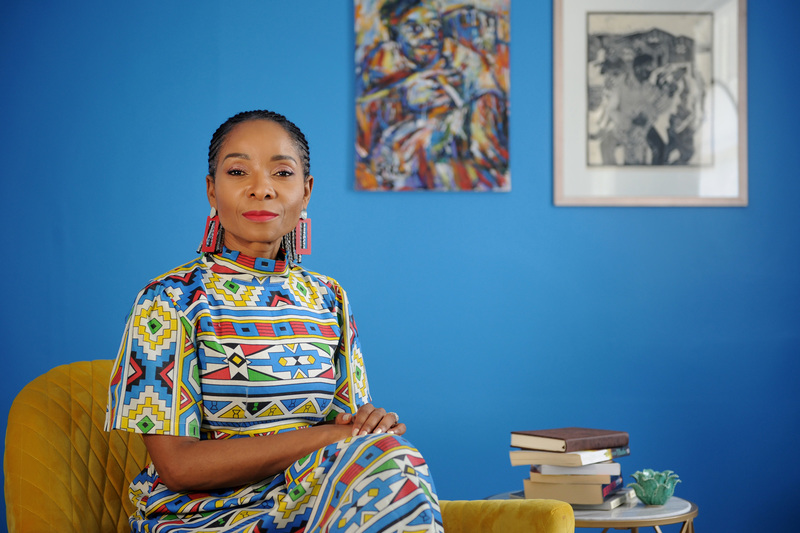VC makes urgent call to students to support COVID-19 response
23 March 2020 | From Kgethi
Dear colleagues and students
It is my intention to write to you more comprehensively in a few days about several aspects relating to the management of COVID-19 at the University of Cape Town (UCT) and our general business continuity plans. We wish to do so following President Cyril Ramaphosa’s message, which is expected later today, as it may very well influence our plans.
This communication is important, though. It is particularly targeted at those students still in residences across campus.
One of the first major decisions that the UCT executive took in response to the health threat of COVID-19 was to break early for the term 1 vacation, hence suspending classes and asking students to return home.
The decision was based on comprehensive advice from health experts and in line with the President’s declaration of a national disaster.
I am pleased that the majority of students heeded our call and took personal responsibility to return home. We are deeply grateful to those students and to the staff who assisted many to make the journey home.
Staff from the Department of Student Affairs (DSA) worked long hours over the last week and weekend to deal with cases where students experienced complexities in leaving. Only those students who were granted permission to do so will remain in residence. This is a small number of students. It must be noted that very strict terms and conditions will apply to these students. This includes moving into specific self-catering, single-room residences. There will be limited services available. Stringent access control will be applied in line with social distancing to contain the disease. Strict compliance will be enforced. In the event of a national lockdown, we may have to vacate even these students.
We understand there are students who are still making arrangements to leave. We will assist as far as possible and buses will be made available if needed. I urge students to work speedily to conclude their arrangements. Please reach out to the warden if you need further assistance.
I am very concerned that there are students who do not qualify for special permission to stay, but who have not vacated their residence rooms and have indicated that they are staying. This is most worrying. Your presence in the residence creates a health risk to yourself and to others. We realise that going home is not always an easy situation, but the answer is not to stay in residence. The residences must close and workers have to stay home so that we are all safe. UCT is not able to look after students who remain. We are appealing to you to take responsibility and adhere to the call to vacate the residences immediately.
We are clear that the most important public health principle is containment of the disease as far as possible, including avoiding social gatherings and minimising groups of people gathering in one space. We follow this principle by closing the residences, in an effort to minimise the risk of infection for both students and staff members.
By staying without permission, you are putting yourself, UCT staff and the wider community at risk.
UCT is doing everything in its power to ensure the continuity of the academic year. Special attention is being given to students in vulnerable situations, especially those from low socio-economic backgrounds.
Detailed communication on how we will ensure that vulnerable students are not disadvantaged will follow by way of another DVC Desk today or tomorrow. The DVC: Transformation will also communicate later this week about ongoing support for students with respect to mental health, student allowances and the services offered by the Office for Inclusivity and Change.
It is clear that we are all making sacrifices and trying to act differently to make a positive impact on the fight against this pandemic.
As an executive, we thank you for the part you are playing.
Sincerely
Professor Mamokgethi Phakeng
Vice-Chancellor
Updates will be posted on UCT’s Coronavirus Disease 2019 feature page on the UCT News website.
Read previous communications:
 This work is licensed under a Creative Commons Attribution-NoDerivatives 4.0 International License.
This work is licensed under a Creative Commons Attribution-NoDerivatives 4.0 International License.
Please view the republishing articles page for more information.









